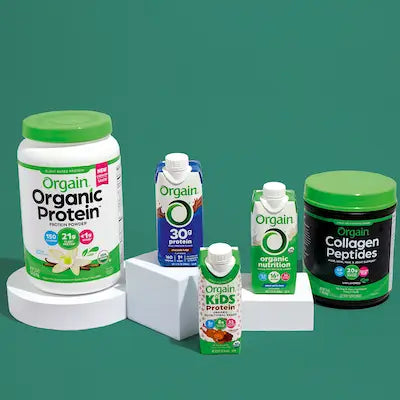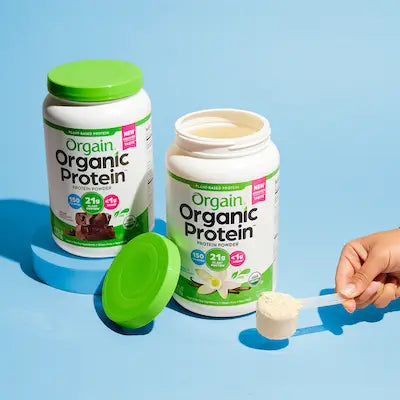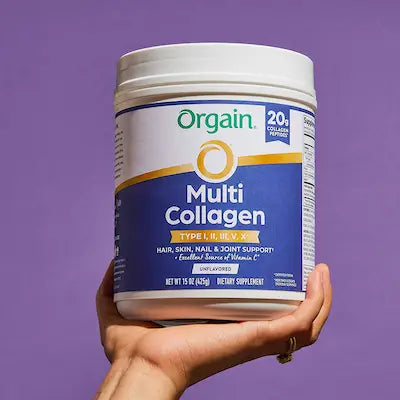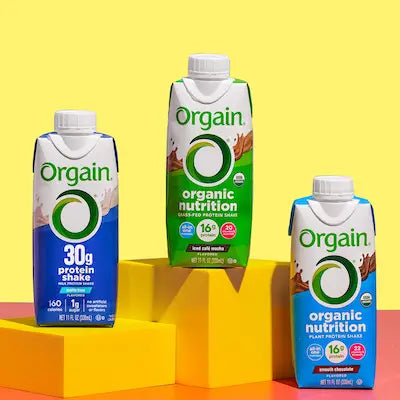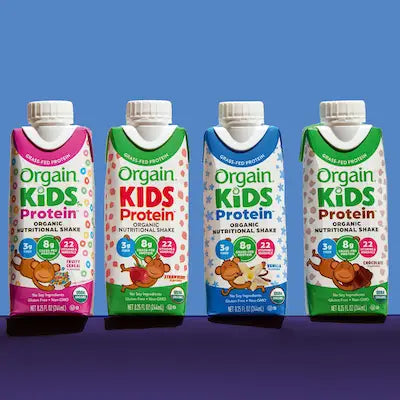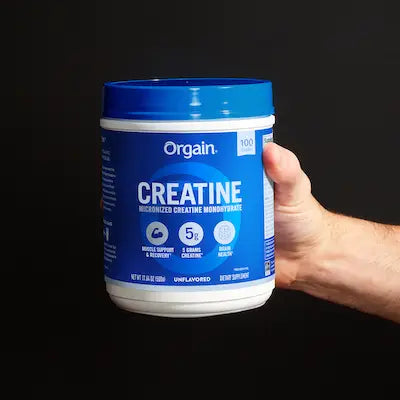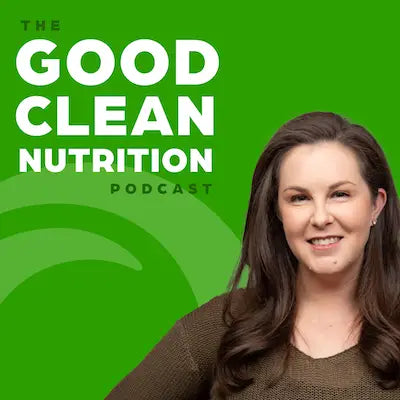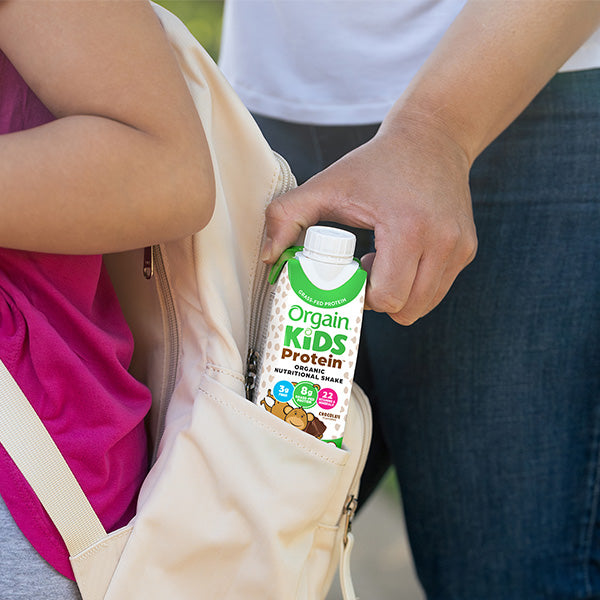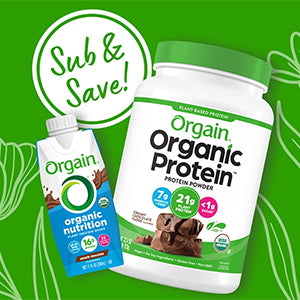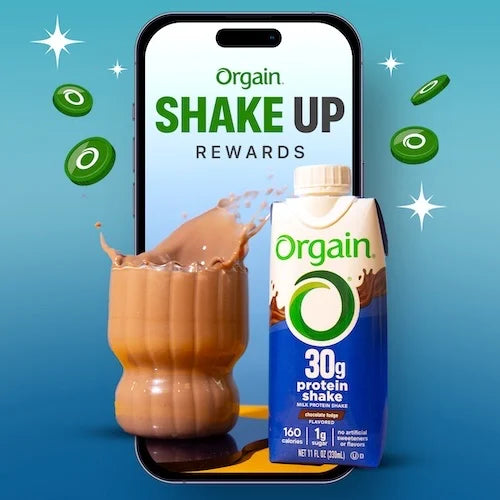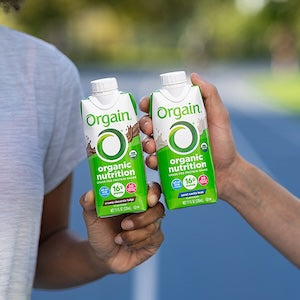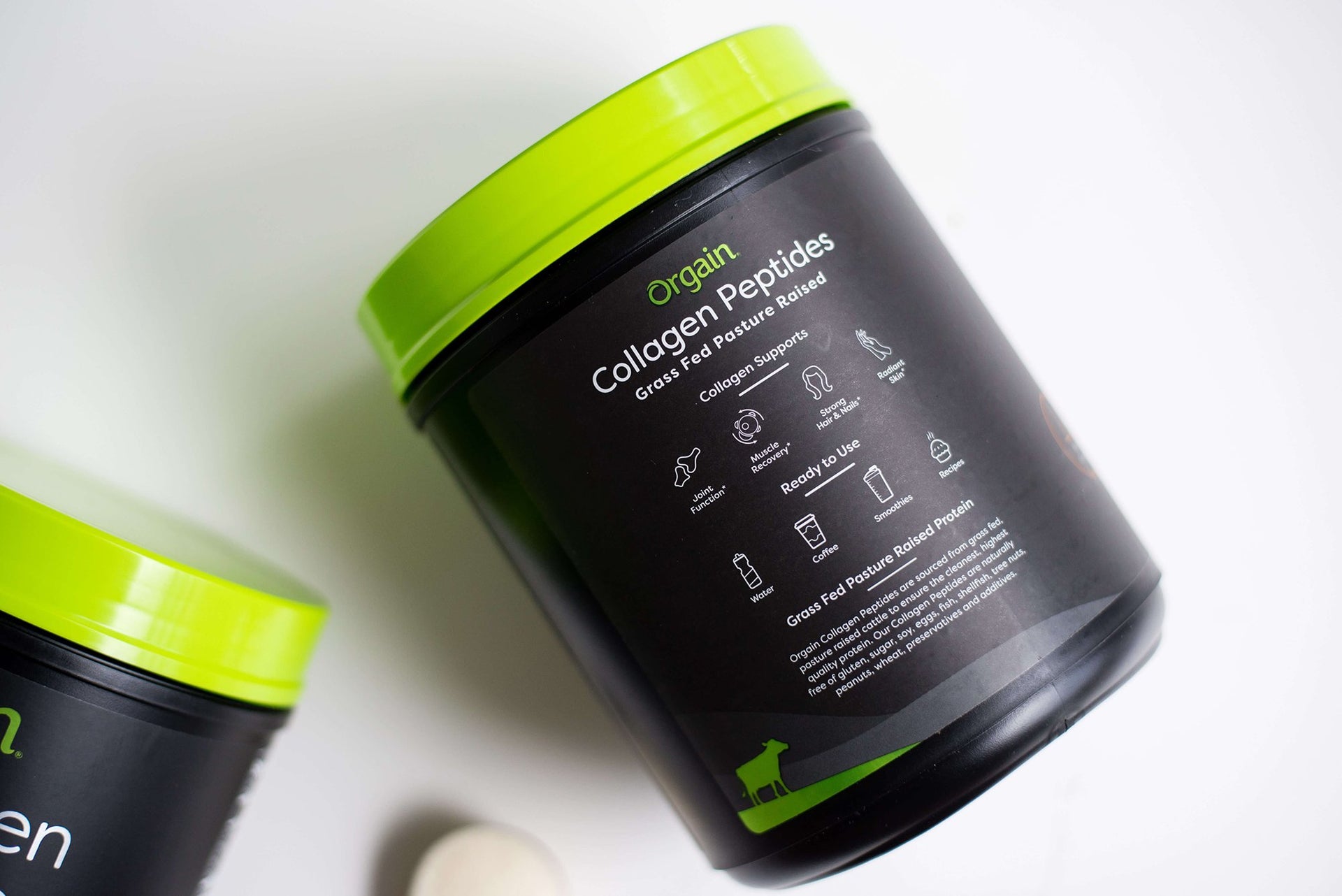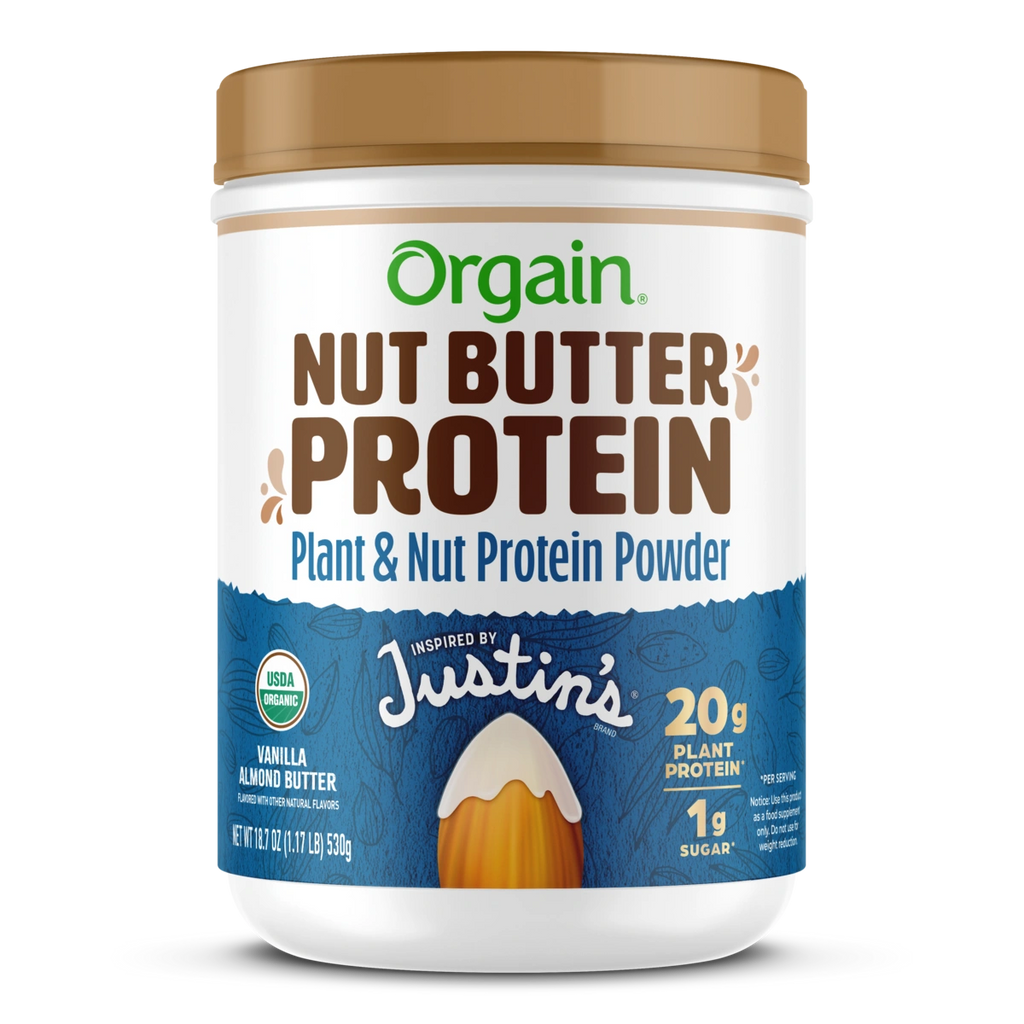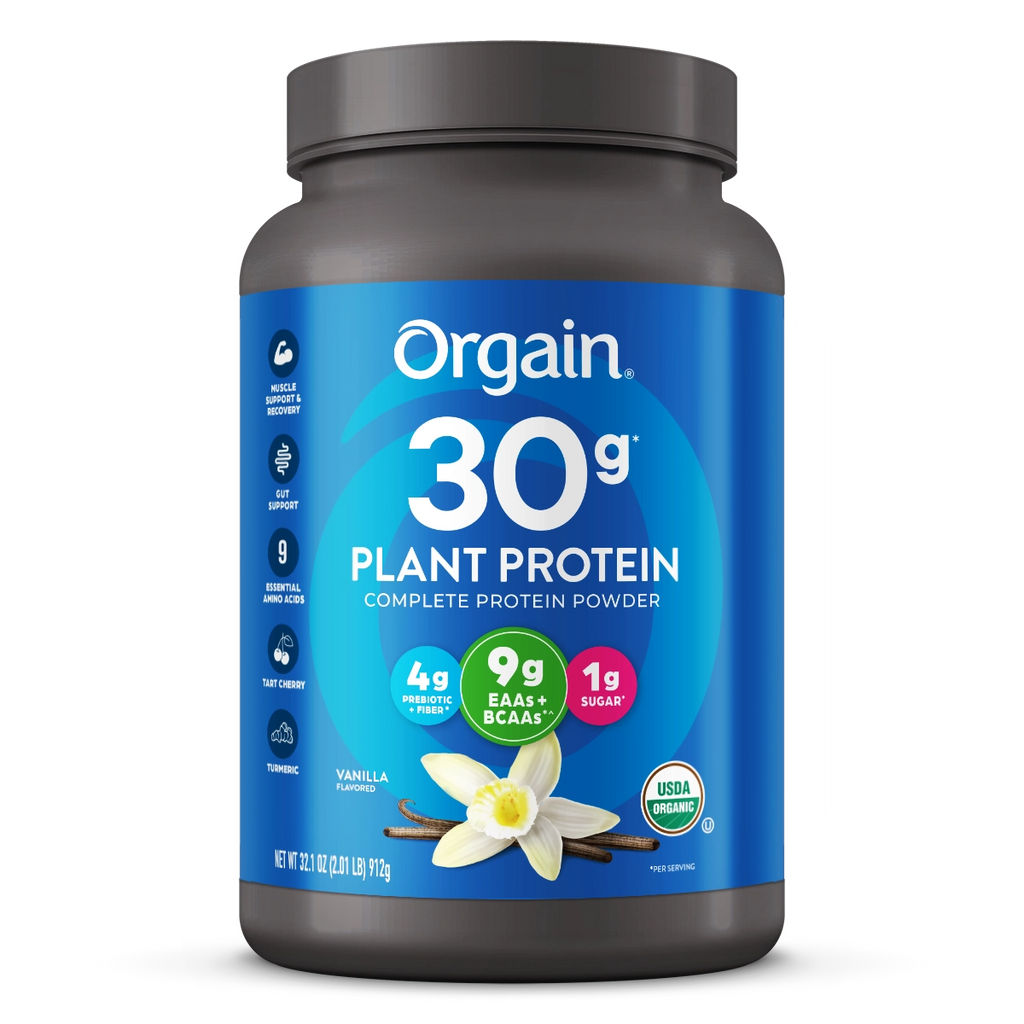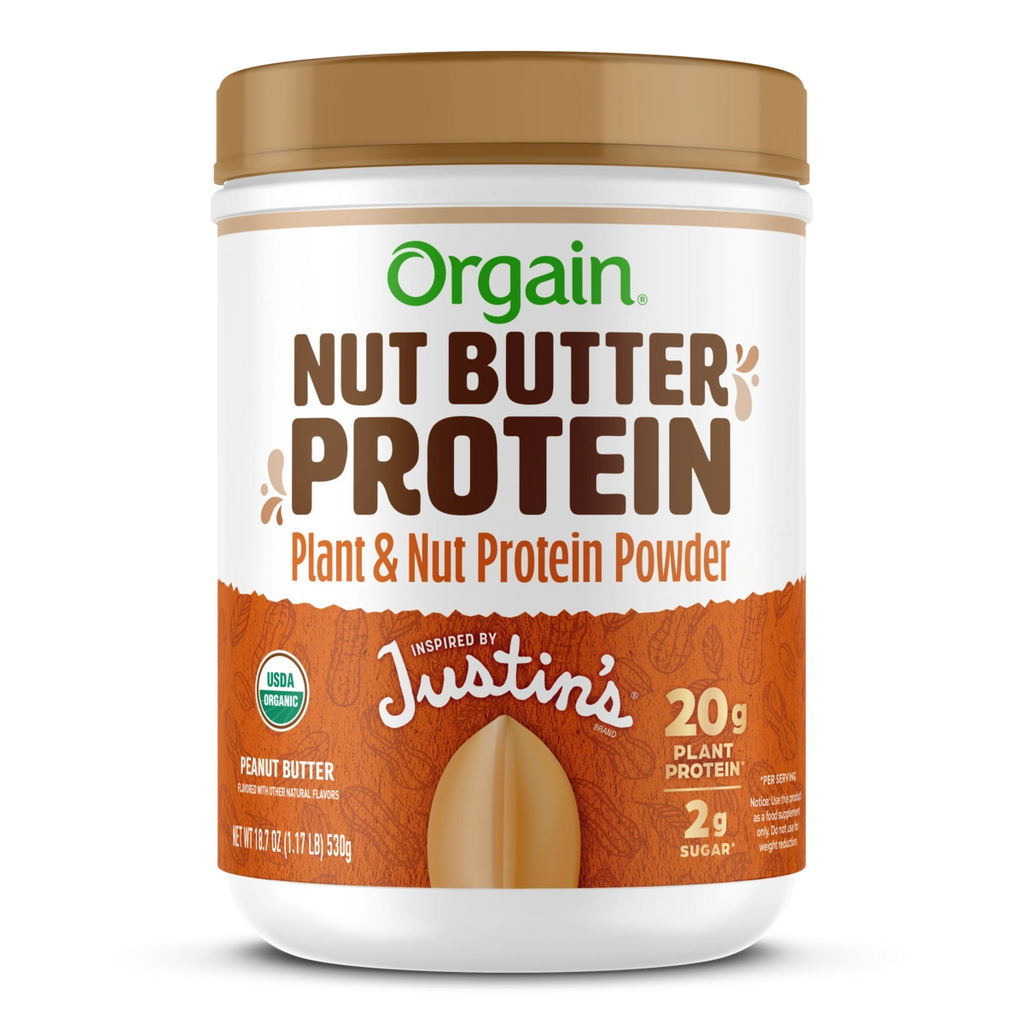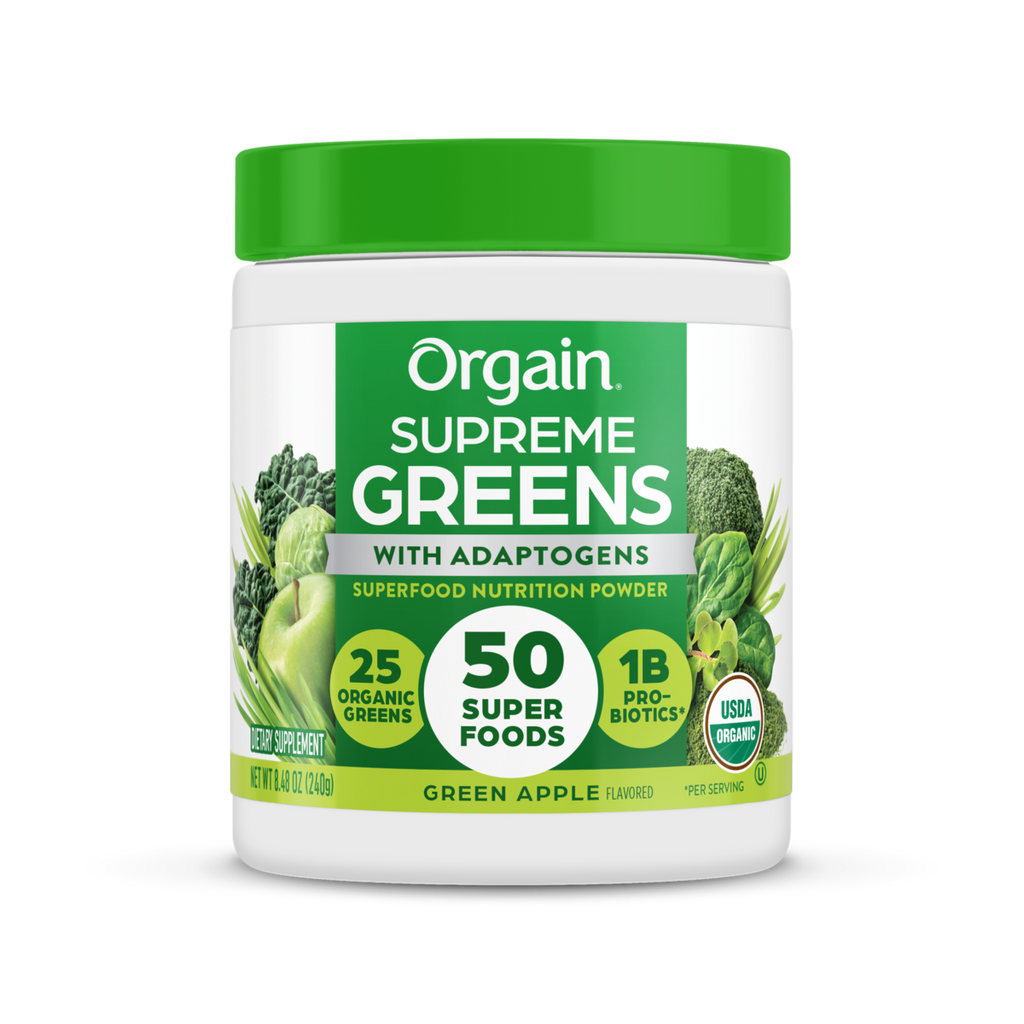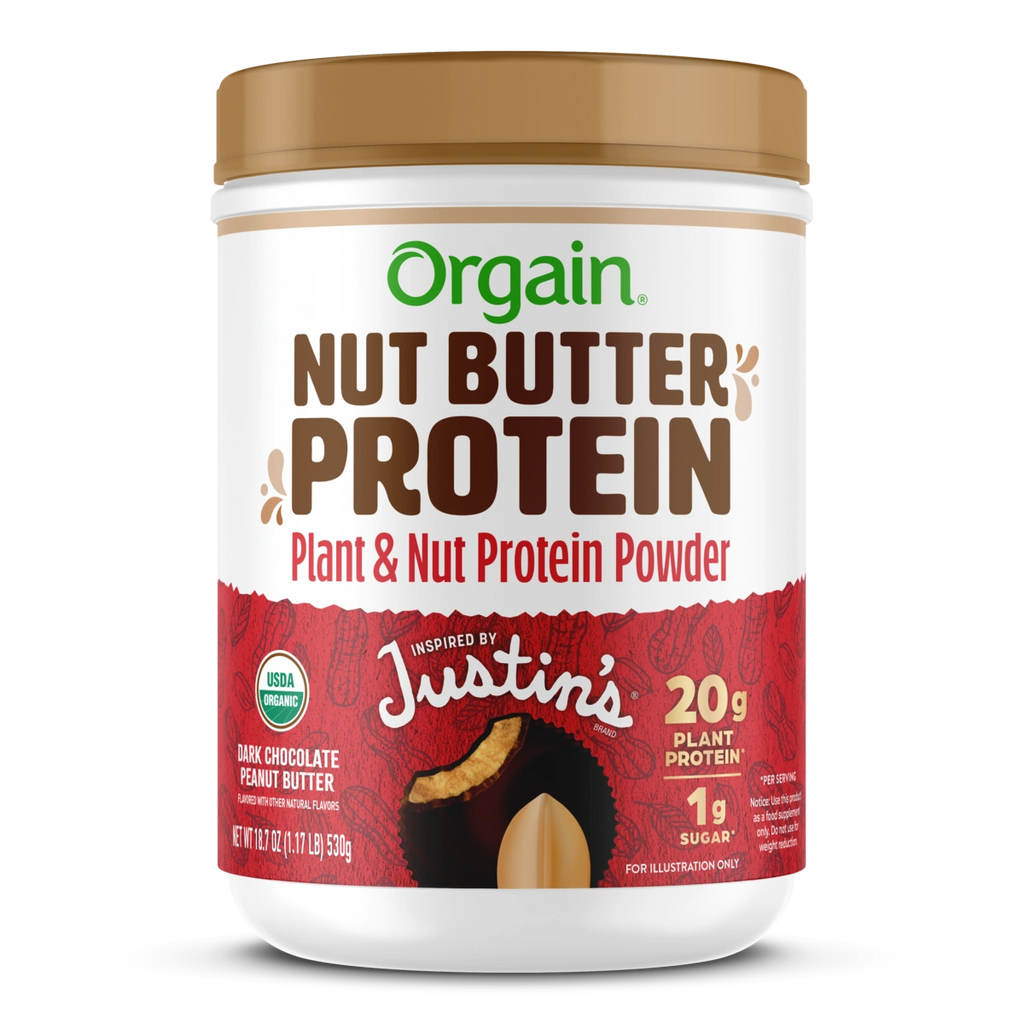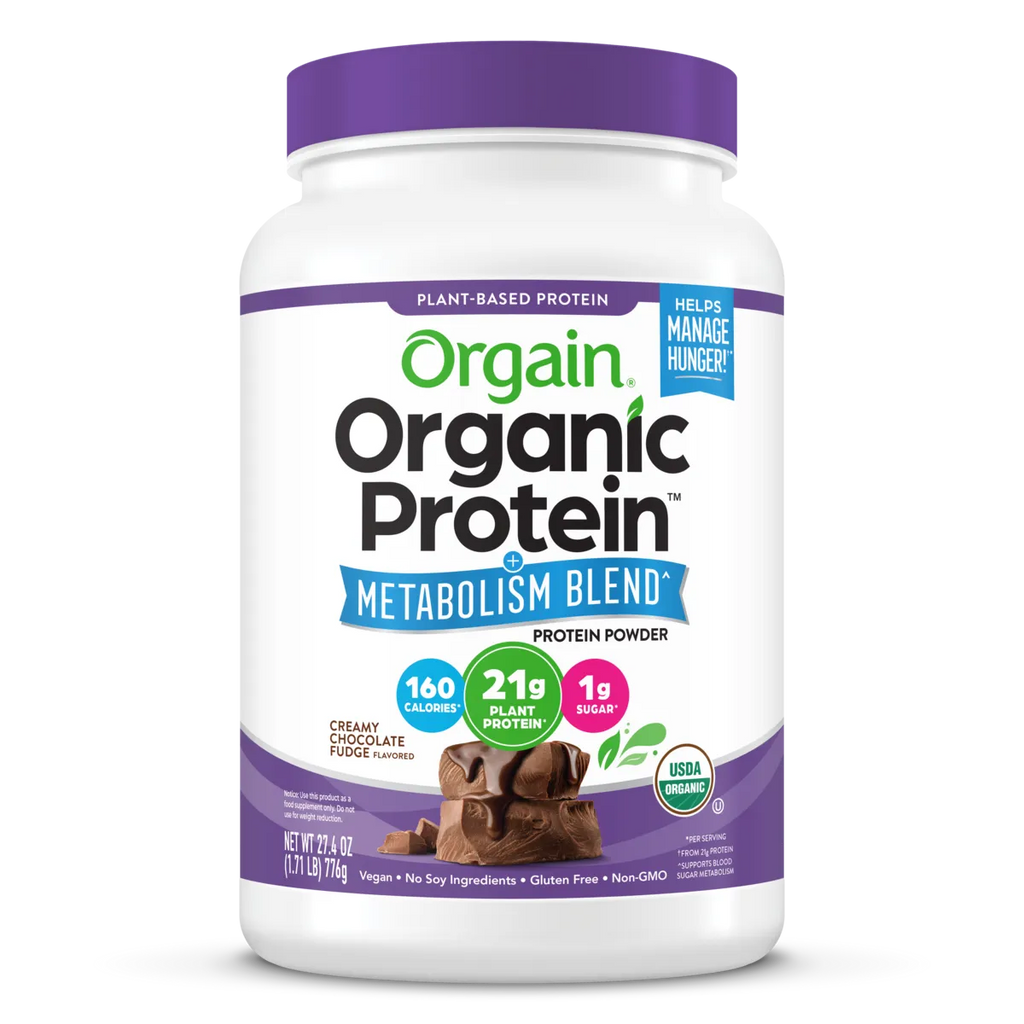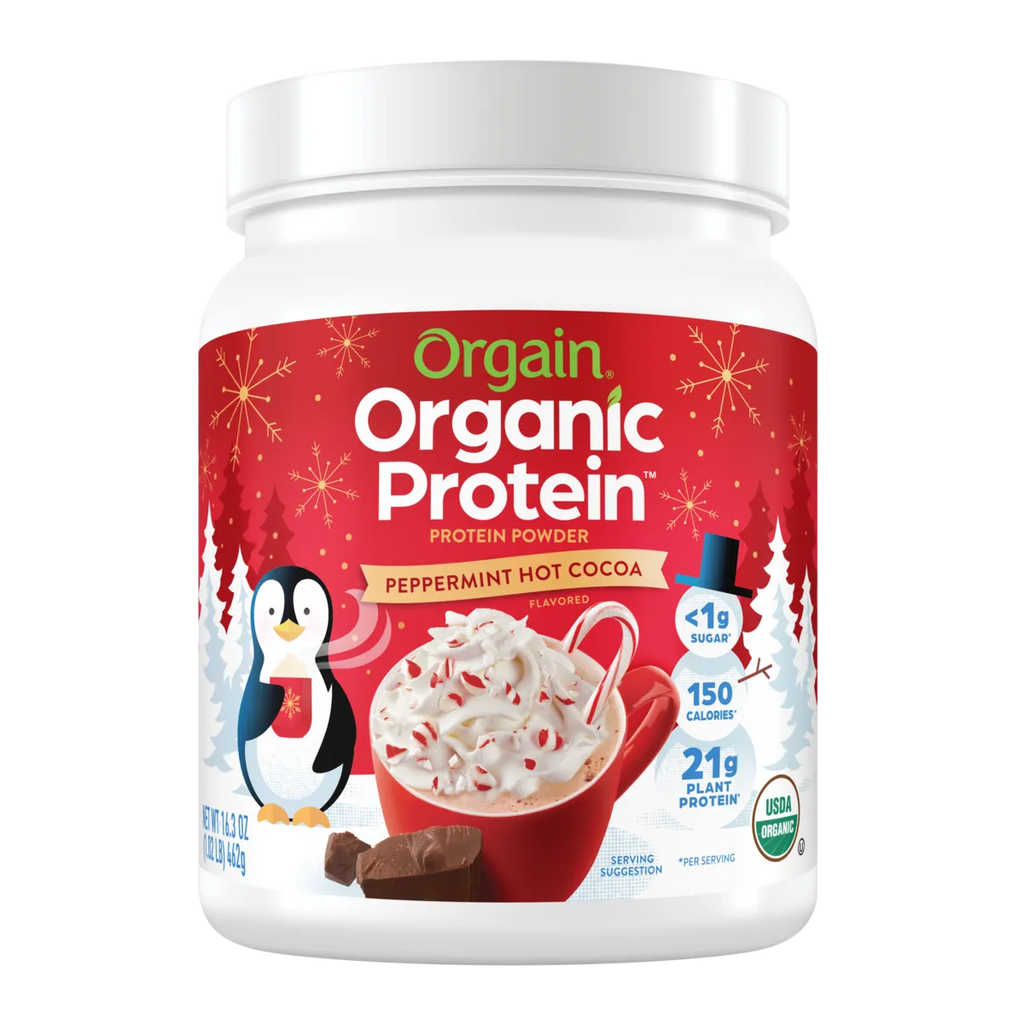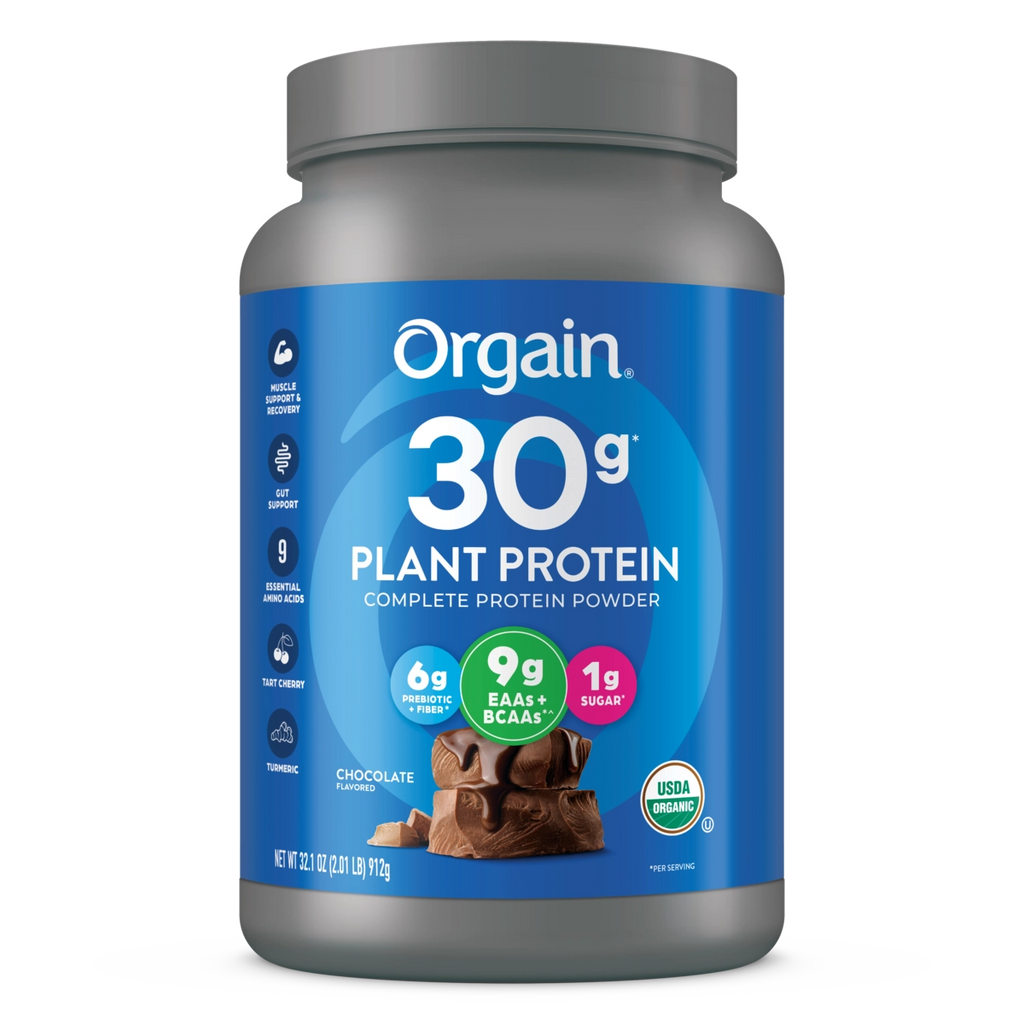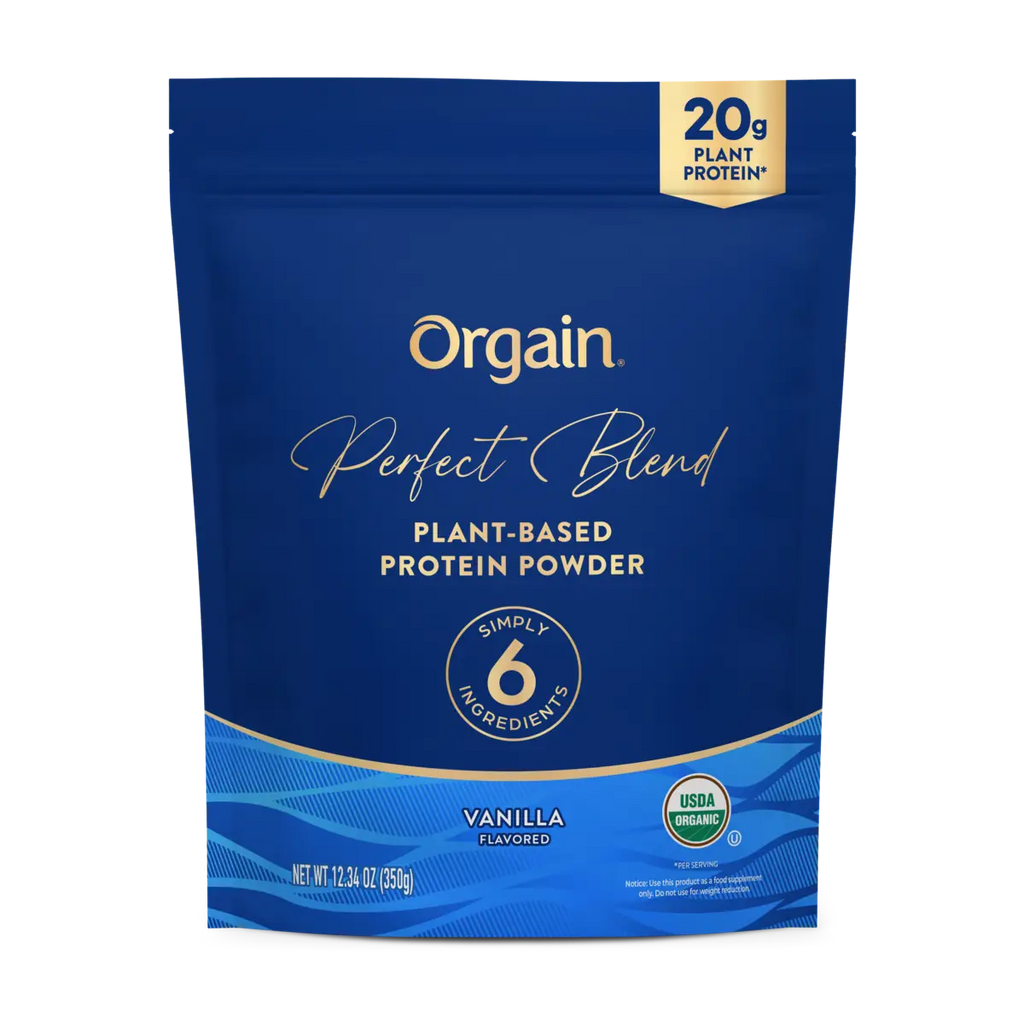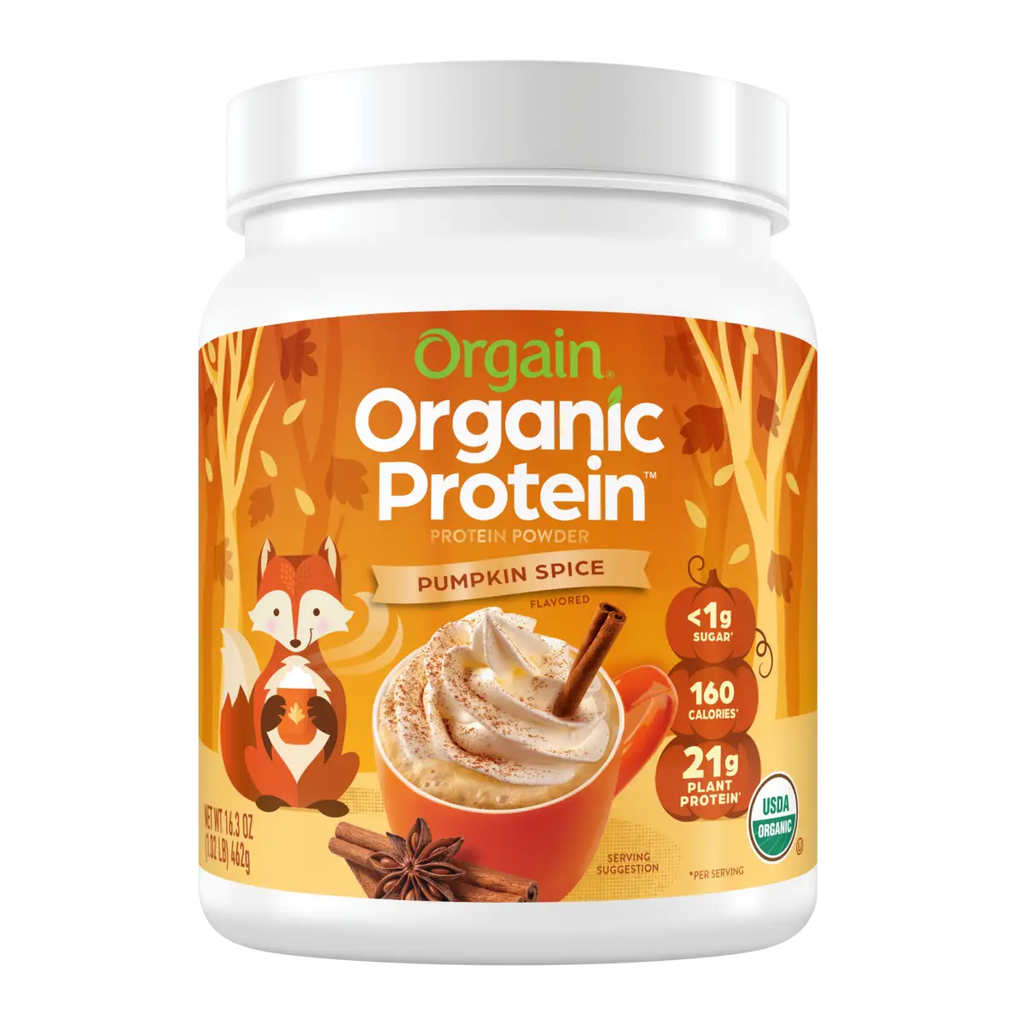Why are we all of a sudden seeing collagen supplements everywhere? So many good reasons!
Collagen has been a hot topic within the health and wellness world as of late. Amidst all of this collagen buzz, it can be difficult to find clear information about it, what the benefits are, and how to use it. So, we’re here to dish out some info on collagen and discover why incorporating collagen into your diet might be beneficial!
What is collagen?
Did you know that collagen is something that your body already creates? It is the most abundant protein in the human body. Collagen is a naturally occurring protein that provides structure and support throughout your body and helps make up your bones, muscles, teeth, and skin. Collagen is frequently referred to as the glue that holds your body together. If collagen naturally occurs in the body then what exactly happens when you take a collagen supplement? The supplemental form of collagen are proteins that are broken down into smaller peptides to help with absorption. These essentially give your body the glue immediately instead of your body having to create it.What are the benefits of collagen?
Biggest Benefits:- Improved gut health. Collagen has been shown to help those who suffer from leaky gut syndrome, aids with water absorption within the intestines, and helps you stay regular.
- Improved nail, skin and hair health. Collagen supplements have been shown to fight aging skin by improving skin elasticity and cell turnover. Repairing and renewing your skin creating a firm, smooth glow to your skin. Collagen has also been shown to improve the health of both your nails and hair as well.
- Reduced joint pain. Collagen may help relieve pain, stiffness, and swelling in your joints.
- New protein source. Collagen supplements contain a significant amount of protein
- Boosted immune system
- Reduce cellulite and stretch marks
- Faster metabolism
- Increased muscle mass
- Improved liver health
- More balanced blood sugar levels
